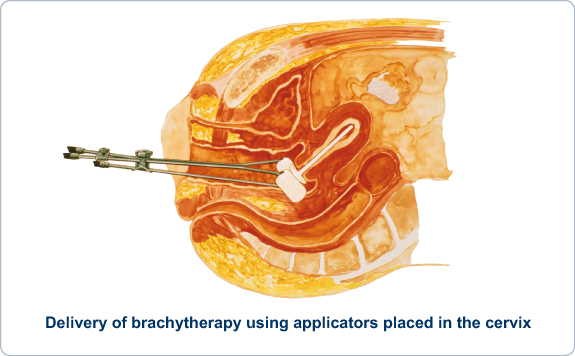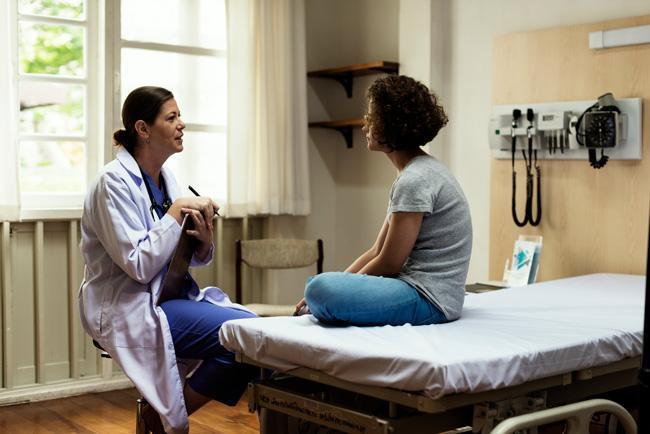What you need to know about Brachytherapy
Contents
- 1 What you need to know about Brachytherapy
- 2 What Does the Procedure Involve?
- 3 How Long Should You Stay in the Area?
- 4 How Long is the Recovery Time?
- 5 What Aftercare Should You Consider?
- 6 What is the Success Rate for Brachytherapy?
- 7 Are there Alternatives to a Brachytherapy?
- 8 What Should You Expect Before and After the Procedure?
Brachytherapy sometimes referred to as internal radiation, is a type of radiation therapy to treat cancer that involves placing a sealed radiation source inside or near the tumor. The procedure allows oncologists to deliver higher doses of radiation to specific areas of the body when compared to conventional radiation therapy. It is usually used to treat cancers of the head and neck as well as the breast, lung, esophagus, prostate, cervix, and eye.
What Does the Procedure Involve?
During the procedure, you will be given general anesthesia or sedation to reduce discomfort and help you remain still. There are two types of brachytherapy: placement inside a body cavity (intracavity) and placement in body tissue (interstitial). With intracavity brachytherapy, a device that contains radioactive material is placed in a body opening, such as the vagina or the windpipe, while with interstitial brachytherapy; the device is put into body tissue such as inside the prostate or the breast. The device is mainly temporary, but in some cases, it may be placed in your body permanently.

How Long Should You Stay in the Area?
With temporary brachytherapy, you may need to stay in the hospital for a few days as the device will need to stay in place for up to 24 hours. With permanent brachytherapy, you can leave the hospital on the same day or the next day after the procedure. In general, you should plan to stay in the local area for a week.
How Long is the Recovery Time?
Recovery for brachytherapy is relatively quick as most people can return to their normal activities and work within one or two days after treatment. However, bear in mind to avoid strenuous activities, such as heavy lifting, intense exercise, and running, until the area where the device was inserted is no longer tender.
What Aftercare Should You Consider?
You will be given detailed instructions regarding restrictions, diet, and exercises. You may need to undergo a series of follow-up examinations where your doctor will examine your general condition and determine if cancer has changed or stabilized, but you can choose to do this with your local doctor. If you have permanent brachytherapy, you need to avoid sitting closer than 50cm to children (younger than 18 years) and pregnant women for more than 20 minutes each day for at least the first couple of months as you will give off radiation.
What is the Success Rate for Brachytherapy?
Brachytherapy is generally safe and effective. However, it does carry some side effects and risks, such as erectile dysfunction (in approximately 15% to 30% of prostate cancer patients), urinary and digestive problems, bleeding, and blood in urine or stool.
Are there Alternatives to a Brachytherapy?
You may undergo conventional radiation therapy if you do not want to have brachytherapy. Your doctor may also recommend other types of cancer treatments, such as chemotherapy, immunotherapy, hormone therapy, and surgery.
What Should You Expect Before and After the Procedure?
Cancer is life-threatening and dangerous, it can spread to other organs and cause symptoms that prevent you from enjoying your life. After successful brachytherapy, you will no longer experience any symptoms you had before; the risk of your cancer spreading has significantly reduced.
What to Expect from a Brachytherapy Procedure, watch this short video.
To check prices or to book a Brachytherapy Procedure in Thailand or anywhere else in the world, head on over to MyMediTravel now!

